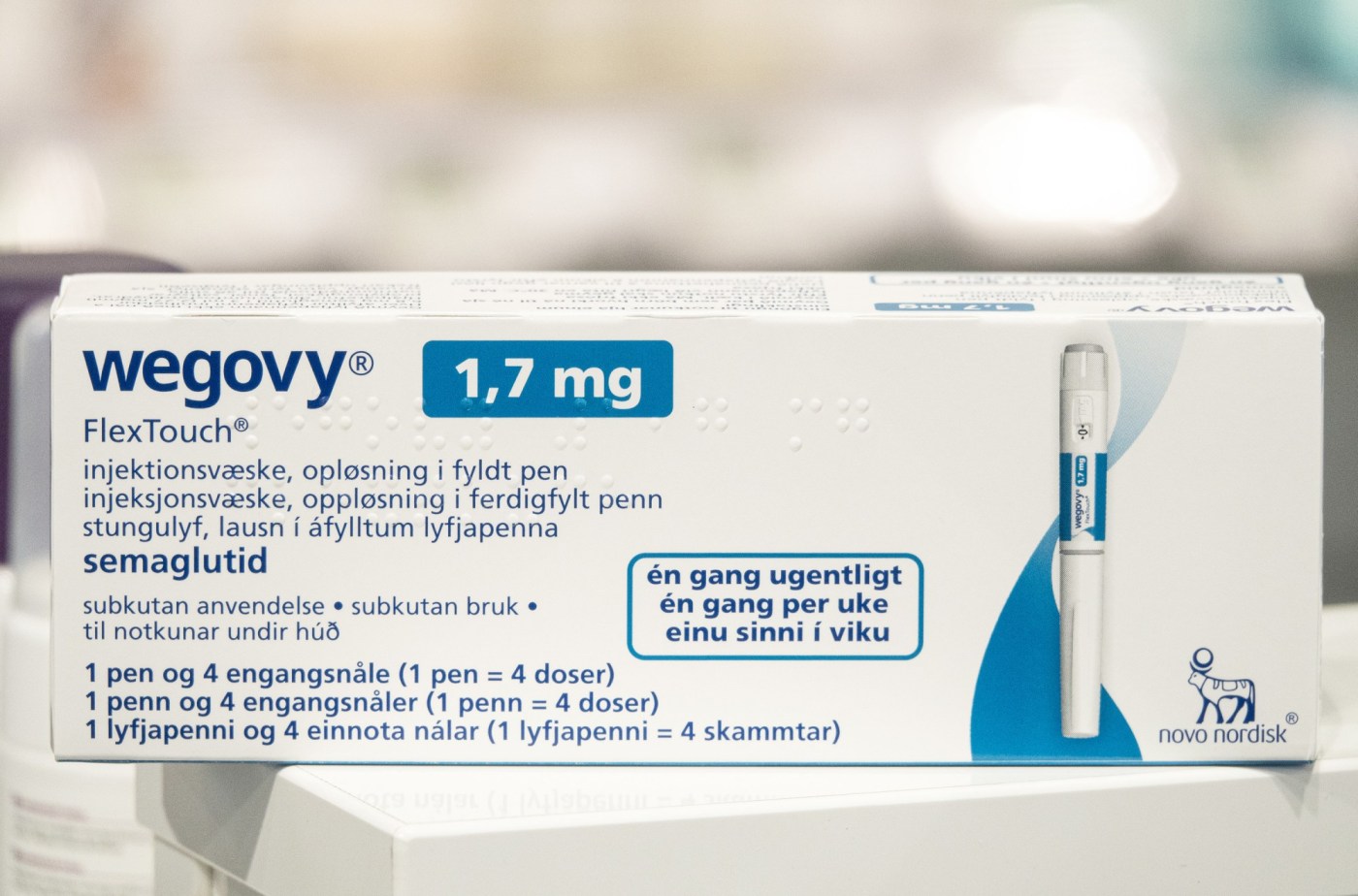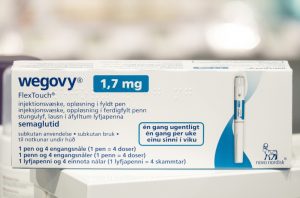
Weight-loss drugs will be sold as pills, with just as many side effects and cost issues
Novo Nordisk A/S and Eli Lilly & Co. are touting pill versions of their blockbuster weight-loss drugs that could come as soon as next year. But if you’re expecting something cheaper and with fewer side effects, think again.
Obesity pills under development have some major shortcomings in ease of use and side effects that patients may not be prepared for. And if a tablet from Novo that’s already on the market is any guide, some will cost just as much as the injections that are already giving patients and insurers pause.
Shots like Lilly’s Zepbound and Novo’s Wegovy are more than just fodder for late-night talk shows: They’re a gold mine that’s propelled the companies to dizzying valuations and lured other drugmakers into the field. Pfizer Inc. and AstraZeneca Plc are looking at oral medicines to make inroads into a market projected to reach $100 billion within seven years.
“The orals will play a very significant role, because not everybody likes injections,” Pfizer Chief Executive Officer Albert Bourla said at a conference in September. His counterpart at Astra, Pascal Soriot, foresees a pill that will “democratize” weight loss, making it available to more people in low-income countries.
Drugmakers find pills generally easier to make, store and transport than injections. So far, that hasn’t translated into a cheaper form of Novo’s Ozempic. Rybelsus, a pill version of the diabetes shot that’s often used for weight loss, is already available at $936 for a one-month supply.
A high-dose version of Rybelsus that’s specifically for weight loss is under consideration for European approval. In a late-stage trial, patients who took it once a day lost about 15% of body weight in 16 less than months.
But the pill still has limitations: Patients take it daily on an empty stomach and then must wait another half hour before eating. Even so, more gastrointestinal side effects were reported in trials of the highest dose of the drug than in studies of Wegovy injections.
The pill also requires significantly more active ingredient than shots, and that substance, semaglutide, is already in short supply. Novo has pushed back plans to file for U.S. approval from this year to next and said that the medication’s rollout depends on manufacturing.
Just like shots, all the new pills mimic GLP-1, a hormone that makes people feel full. Lilly’s experimental pill, orforglipron, has the advantage of “no restrictions in terms of food and water intake,” Lilly executive vice president Patrik Jonsson said.
The once-daily pill yielded almost as much weight loss as the highest experimental dose of Rybelsus about half the time, helping patients with diabetes and obesity lose almost 15% of their body weight in just 36 weeks. Experts have said those results are unprecedented for a pill, although nausea and vomiting were still common.
The Lilly pill “looks to be the best,” Truist Securities pharma analyst Joon Lee said in an interview. While likely still years away from being available commercially, it could give Lilly an edge against Novo in a market still largely dominated by the Danish drugmaker.
In need of a comeback as pandemic sales wither, Pfizer is looking to obesity drugs to help restore revenues. After axing one experimental drug in June due to safety concerns, Pfizer is focusing on a pill that’s now in a mid-stage study. To compete with Lilly’s drug, Pfizer’s will need to show weight-loss percentage in at least the mid-teens, Leerink Partners analysts said in a note.
Risk of side effects may explain why Pfizer has split the drug into two daily doses in its trial, said Truist’s Lee.
Pfizer is still gathering and reviewing data around the pill, a spokesperson said in an email, and hasn’t seen elevated liver enzymes that would indicate possible injury.
Biotechs including La Jolla, California-based Viking Therapeutics Inc. and Structure Therapeutics Inc. are also testing obesity pills. Structure’s, now in mid-stage human trials, has shown promising results that are “staunchly ahead” of Pfizer’s, BMO Capital Markets analyst Evan David Seigerman said in a note.
Even further out from the market stands the pill that AstraZeneca licensed this month from China’s Eccogene in a deal worth as much as $1.83 billion. At least 75% of patients will prefer pills over shots, Astra’s Soriot said this month in an interview. And in contrast to the current crop of drugs, he anticipates a cheaper product.
“The cost of goods we believe is lower,” he said at Bloomberg’s New York headquarters. “There are lots of people that can benefit at an acceptable price level.”
The current generation is only just the beginning, said Louis Aronne, an obesity expert at Weill Cornell Medicine in New York who’s advised big drugmakers on their efforts in the field.
“We have ten plus new drugs coming in the next five to ten years,” he said in an interview. “This is not the grand finale.”
____
—With assistance from Naomi Kresge.
___
©2023 Bloomberg L.P. Visit bloomberg.com. Distributed by Tribune Content Agency, LLC.


